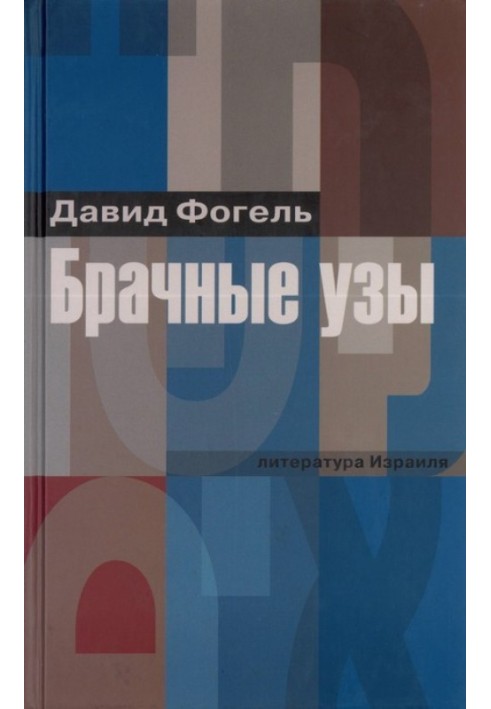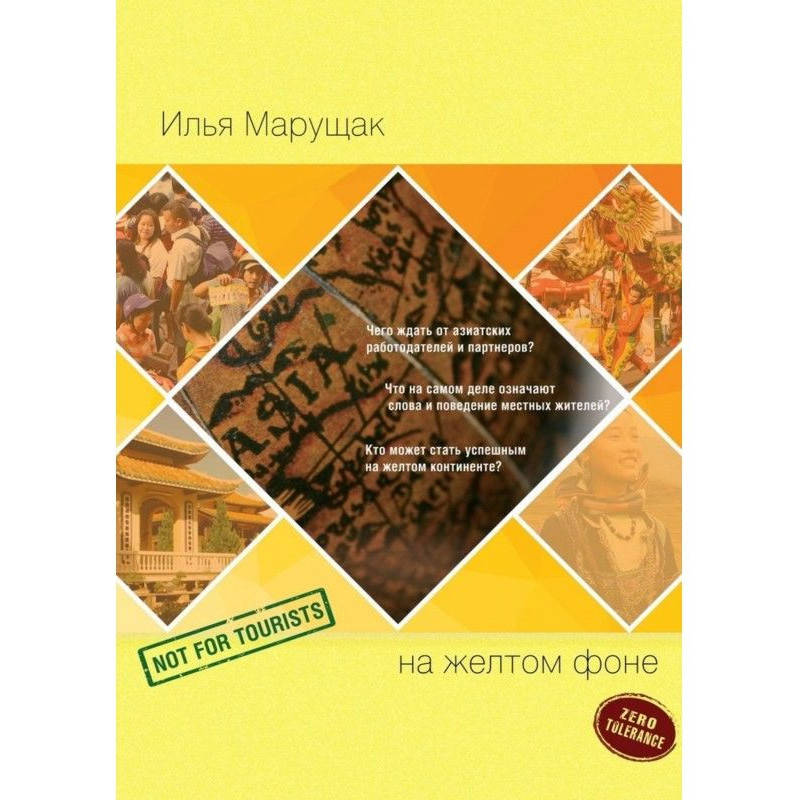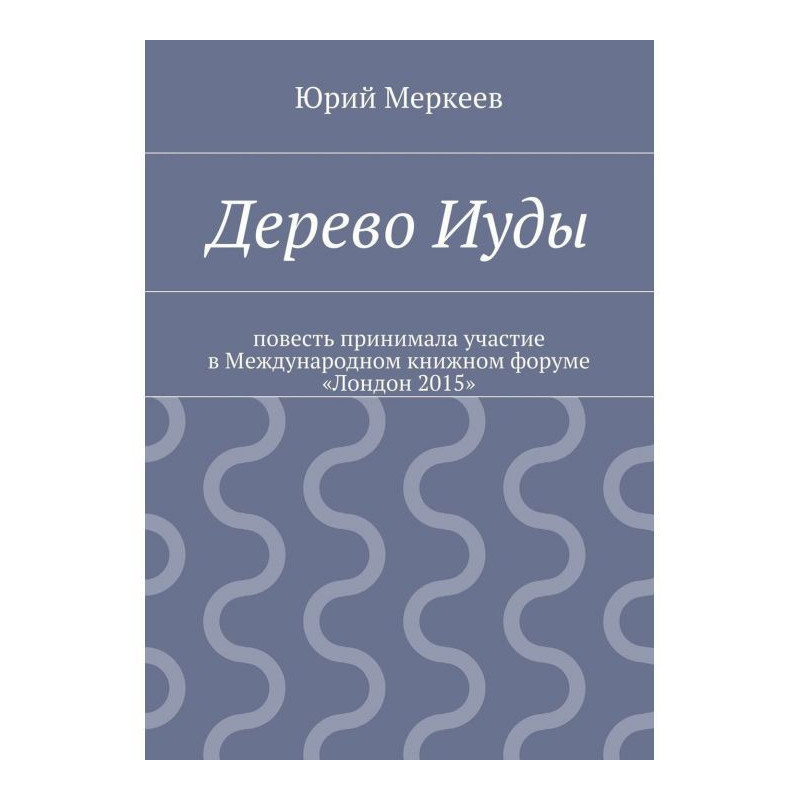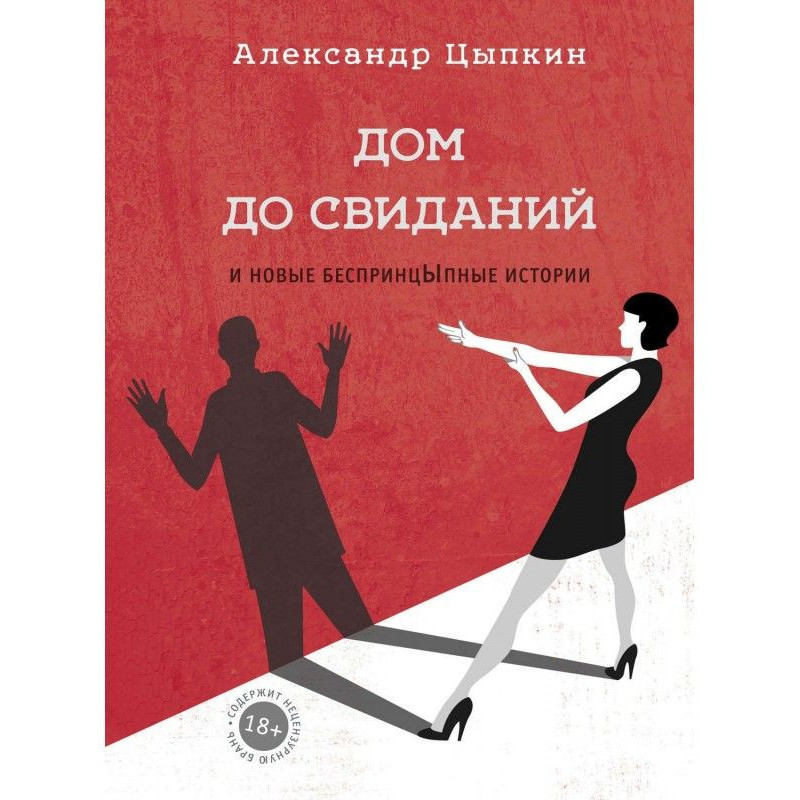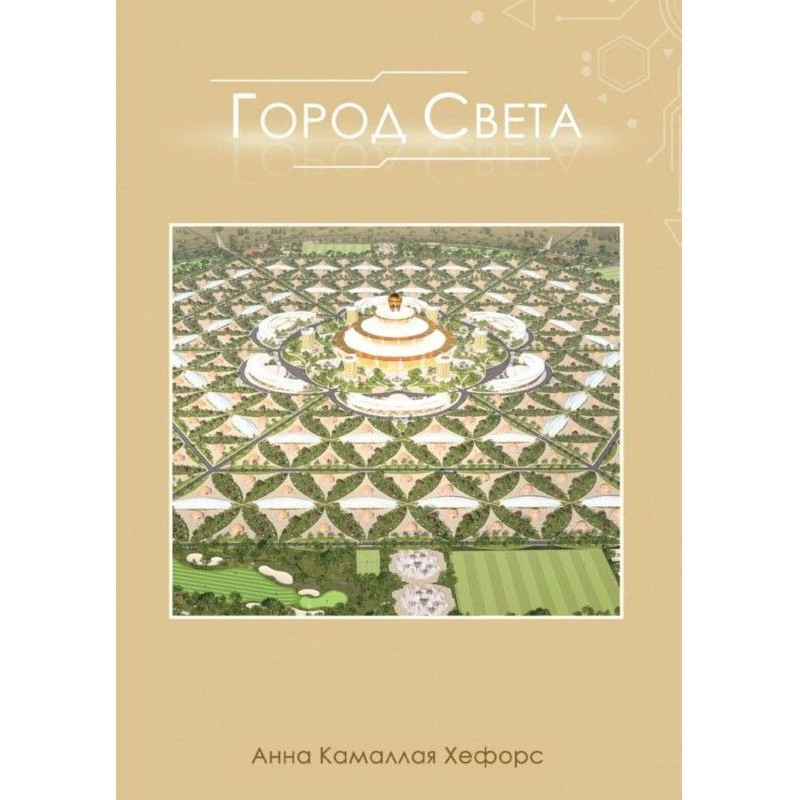Marriage bond
 Instant download
Instant download
after payment (24/7)
 Wide range of formats
Wide range of formats
(for all gadgets)
 Full book
Full book
(including for Apple and Android)
“Marriage Ties” is a typically “Viennese” novel, seemingly accidentally written in Hebrew, and describing the relationship of a Jewish parvenu with an Austrian aristocrat bordering on perversion. When first published in 1930, it earned a reputation as “scandalous” and was forgotten, but after the second, posthumous edition, “Marriage Ties” entered the golden fund of Hebrew and world literature. Vogel's hero is a stranger in a huge city, a tumbleweed, thrown onto the streets of Vienna from somewhere in the east by who knows what winds. No matter how much he wants to belong here, the city refuses to become his support. He endlessly wanders through non-fictional streets and alleys, moves from one cafe to another, rests on benches in gardens and parks, finds refuge in a homeless shelter and ends up in a mental hospital. The city talks to him, puts pressure on him and ultimately gains the upper hand. Having published the first edition of the novel, Vogel did not stop working on it almost until his death. After World War II, Vogel’s friend, the artist Abraham Goldberg, dug up the manuscripts buried by the writer in the courtyard of his last refuge in the French town of Hauteville, took them to America, and later sent them to Israel. Based on these manuscripts, the second edition of the novel was prepared, which was published in 1986. This translation was made from it, and is now being presented to the Russian reader.
Data sheet
- Name of the Author
- Давид Фогель
- Language
- Russian
- Translator
- Сергей Гойзман
Reviews
Вражаюче дослідження людських стосунків та ідентичності
«Шлюбні узи» — це не просто роман, а справжнє літературне явище, яке занурює читача в складний світ стосунків між людьми, що належать до різних соціальних і культурних прошарків. Оповідь про єврея-парвеню, який намагається знайти своє місце в австрійському суспільстві, вражає своєю глибиною та емоційною напругою. Автор майстерно передає відчуття відчуження та самотності, які відчуває головний герой, блукаючи вулицями Відня. Кожна сторінка наповнена метафорами та символами, які змушують задуматися про природу любові, прийняття та ідентичності. Цей роман, безумовно, заслуговує на увагу сучасного читача, адже теми, порушені в ньому, залишаються актуальними і сьогодні. Я б рекомендував цю книгу всім, хто цінує глибокі психологічні портрети персонажів та складні міжособистісні стосунки.

